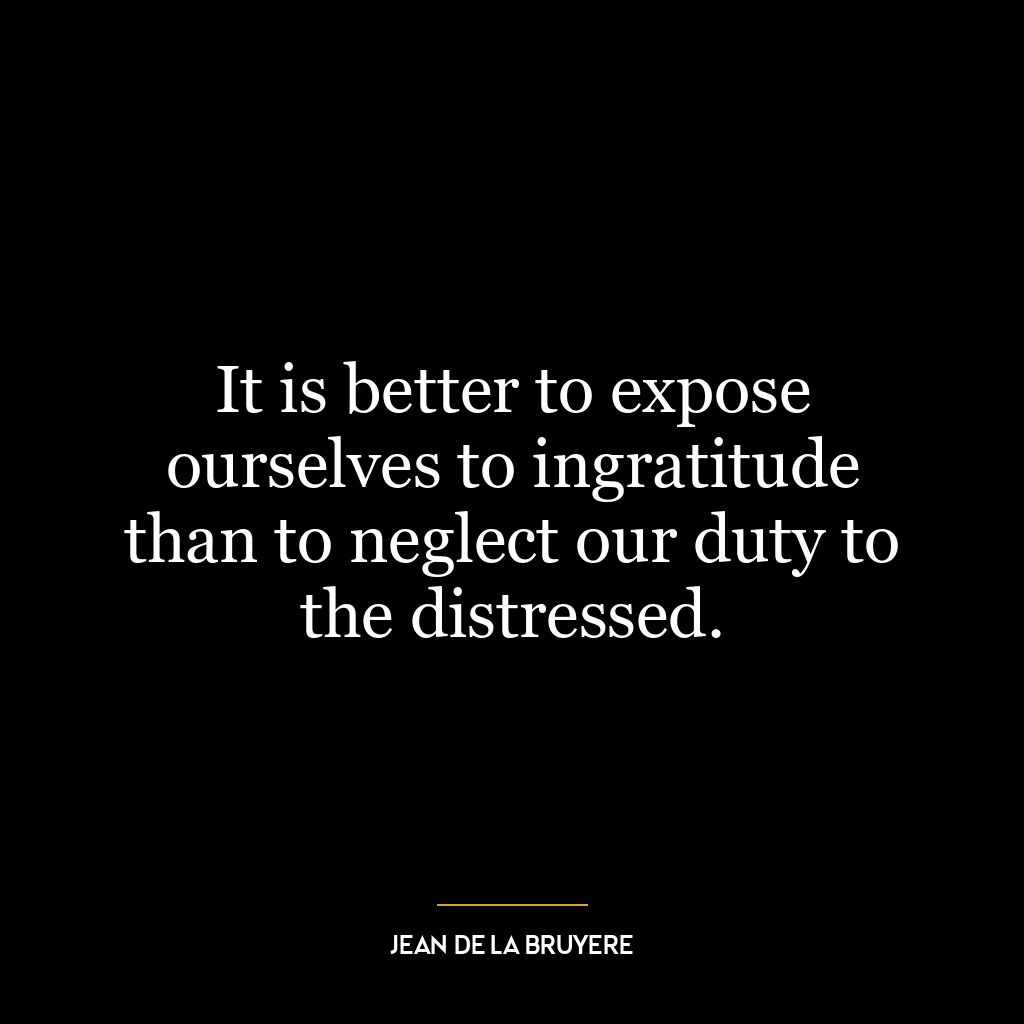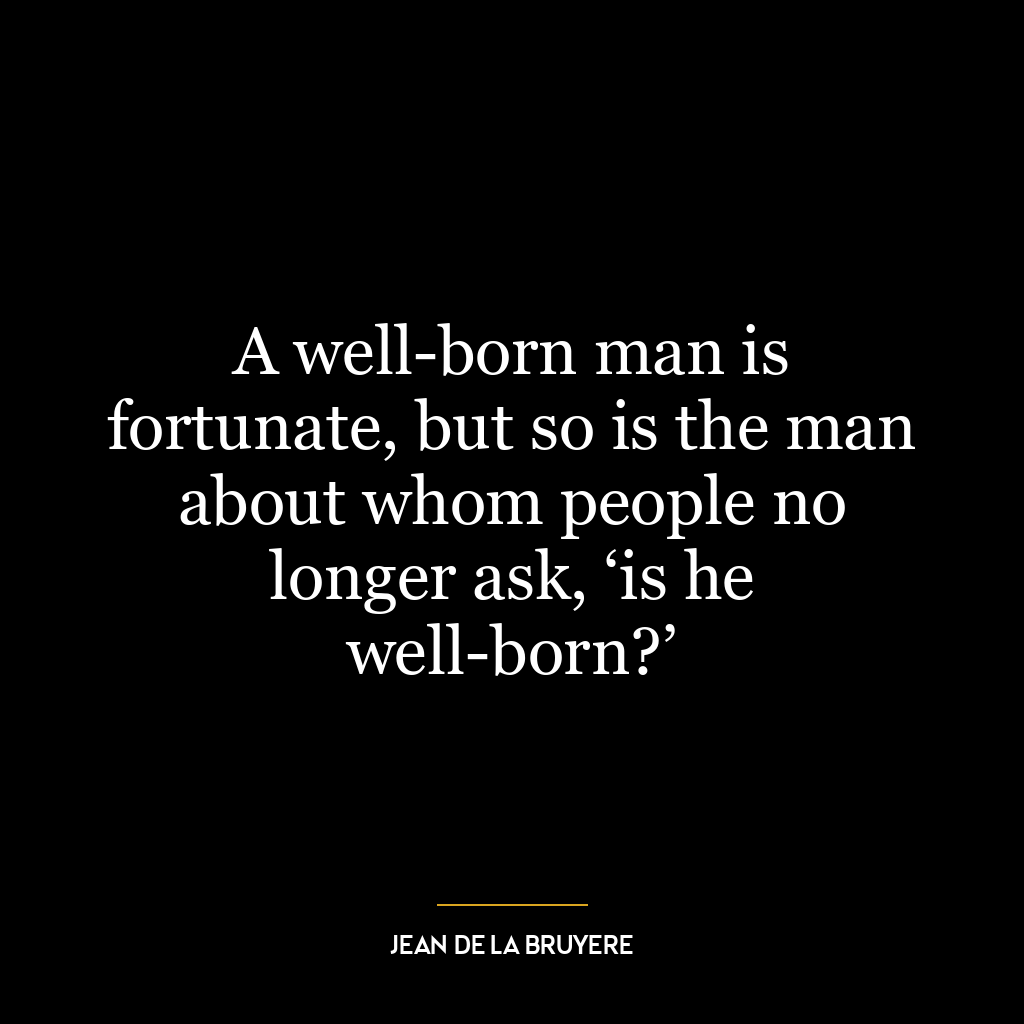This quote highlights the concept of compassion and understanding that should be extended towards both the elderly and children. These two groups are often seen as vulnerable and in need of protection and care, much like how one would “spare” someone from harm or hardship. The word “spare” in this context can be interpreted as showing leniency, patience, or extra care.
The quote underscores the idea that old people, like children, may require additional patience due to their age-related limitations. Just as we understand that children are still learning and maturing, we should also understand that the elderly may be dealing with the challenges of aging. This could include physical frailty, cognitive decline, or the emotional burden of outliving many of their peers.
In today’s world, this idea continues to hold relevance. With an aging global population, there’s a growing need for societies to adopt attitudes and policies that respect and care for the elderly. This can manifest in various ways, from advocating for elder rights, to creating age-friendly environments, to simply showing more patience and understanding in our personal interactions with older individuals.
From a personal development perspective, this quote can serve as a reminder to cultivate empathy and patience, not just towards children and the elderly, but towards all people. Everyone is fighting their own battles, visible or not, and could benefit from the kindness of being “spared”. This could mean sparing someone from harsh judgment, impatience, or unkind words, thereby fostering a more compassionate and understanding society.















